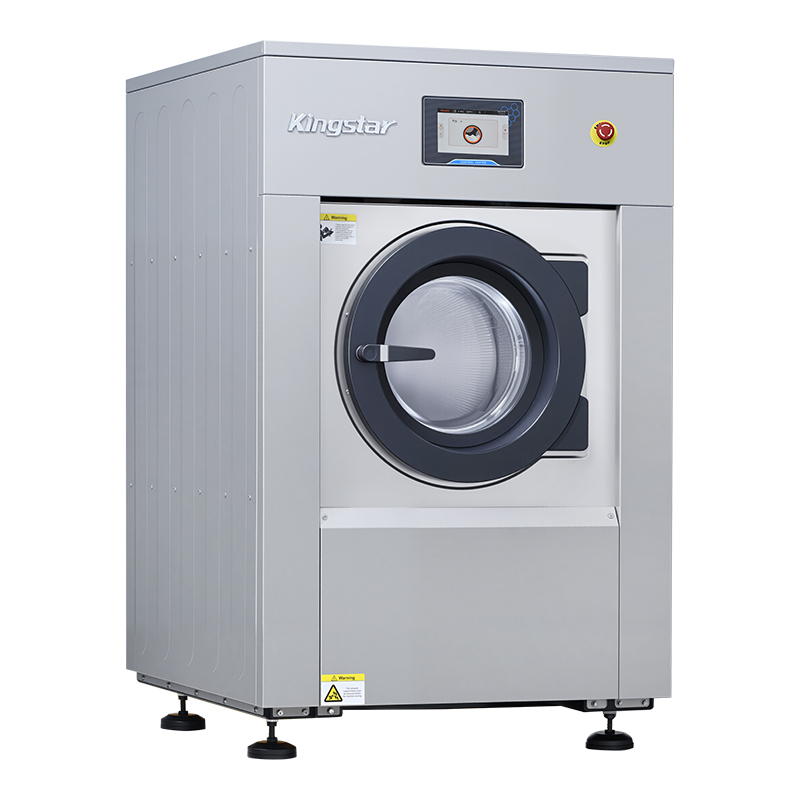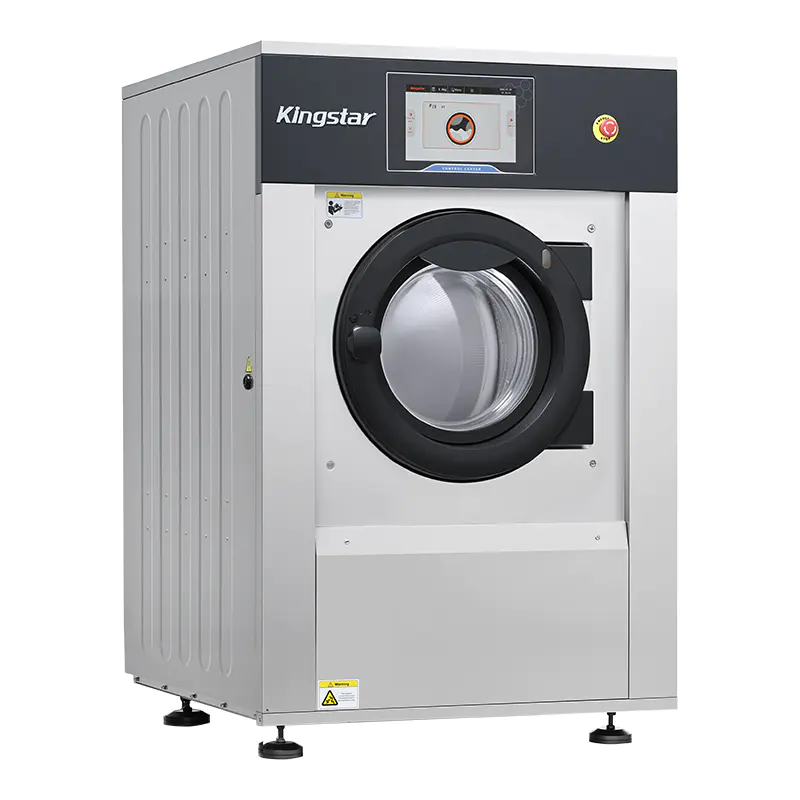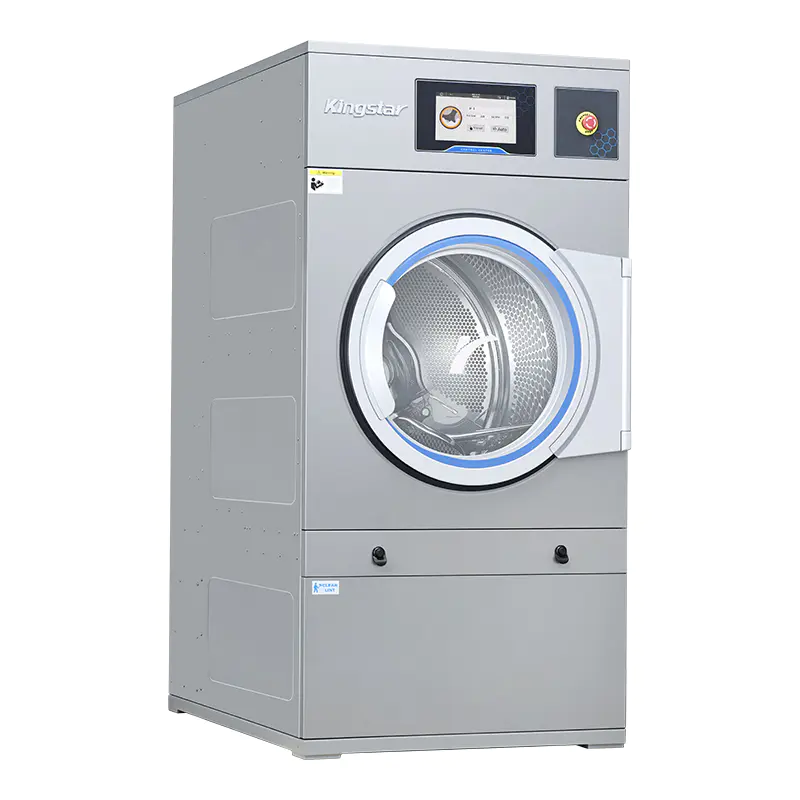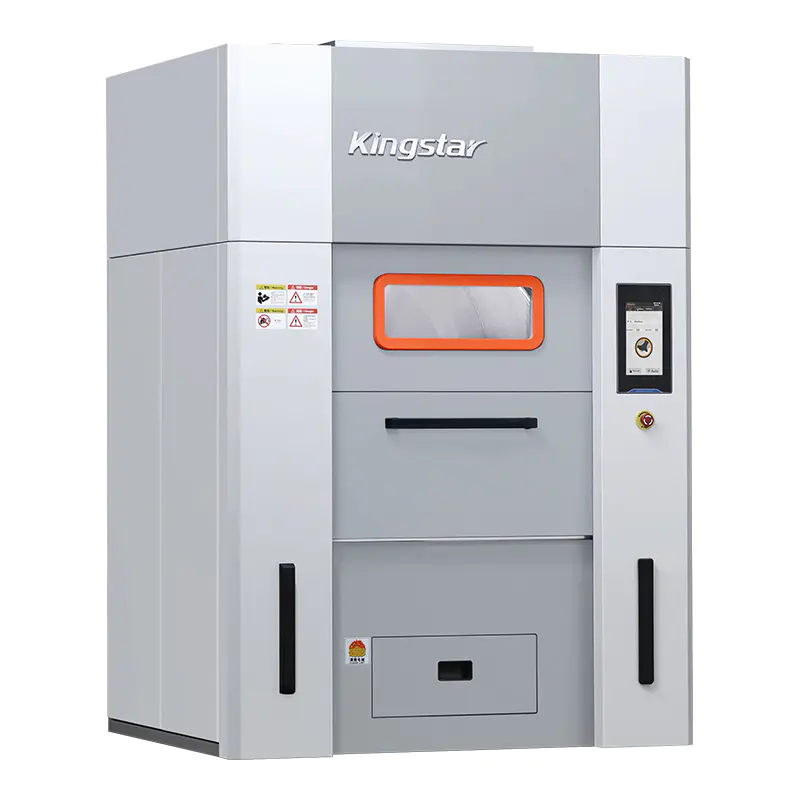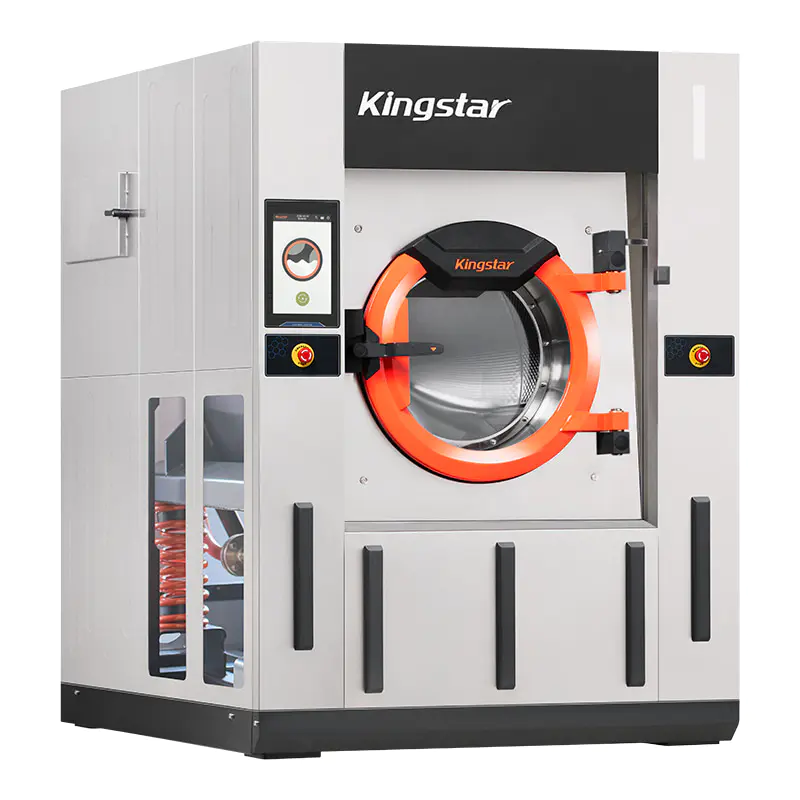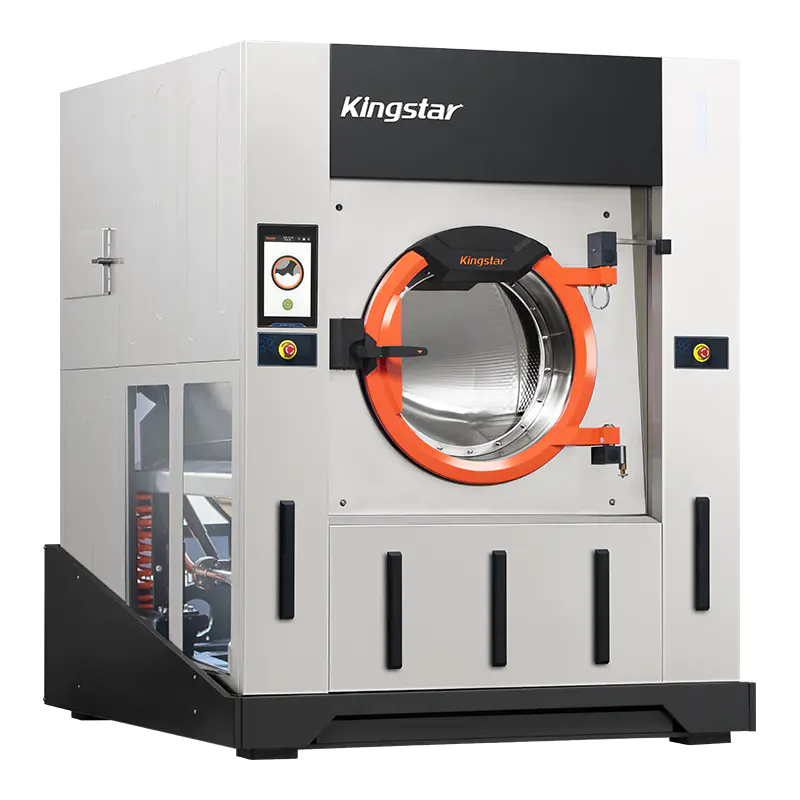
Factors to Consider When Selecting an Industrial Washing Machine
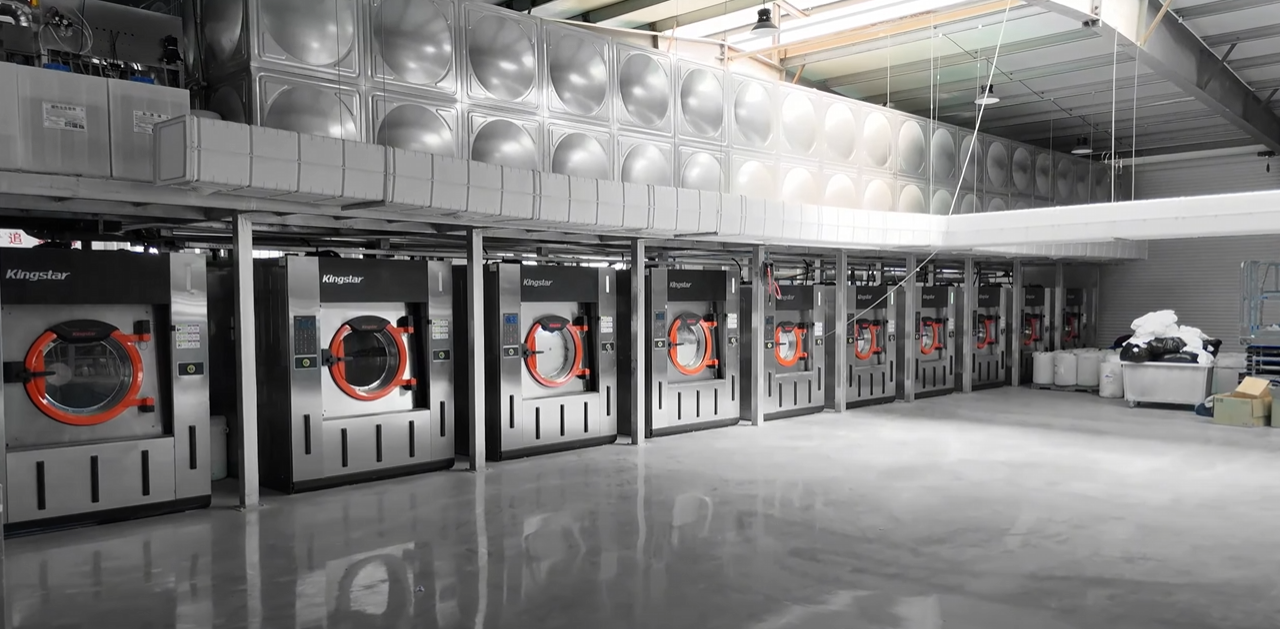
1. Capacity and Throughput Requirements
When selecting industrial washing machines, capacity and processing ability are the primary factors to evaluate. Different types of laundry equipment are designed for different washing needs. Commercial washing machines and heavy-duty washing machines focus on handling large volumes of laundry efficiently. For industrial laundry solutions, it is essential to assess daily laundry volume and frequency. If the demand is high, choosing washer extractors or tunnel washers with large capacities can improve throughput and prevent excessive wear from frequent operation. On the other hand, if the laundry load is moderate, selecting appropriately sized high-efficiency washers can help reduce energy consumption and extend the service life of the machines. A proper capacity choice directly affects throughput and the overall efficiency of the industrial laundry system.
2. Available Space and Layout
The physical dimensions and installation layout of industrial washing machines are equally important considerations. In a laundry room or industrial laundry facility, space utilization requires careful planning. Commercial washing machines usually need moderate floor space, while heavy-duty laundry equipment, especially in hospitals, hotels, or factories, may require wider entrances and additional maintenance areas. Different washing machine types have different installation requirements. For example, some washer extractors demand stronger floor support, while tunnel washers may need a supporting conveyor system. Installation must also account for water and power connections, such as water pressure, water heating systems, and three-phase electrical supply. A well-planned layout ensures smooth operations and minimizes obstructions during daily use.
3. Water and Energy Efficiency
With rising utility costs and stricter environmental regulations, water and energy efficiency have become crucial in industrial laundry solutions. Modern high-efficiency washers are designed to minimize water usage per cycle, while advanced water heating systems help reduce energy consumption. Some heavy-duty washing machines are equipped with heat recovery systems that capture discharged heat for reuse in subsequent cycles, reducing waste. When selecting industrial washing machines, attention should be given to water consumption, energy usage per cycle, and whether the equipment includes advanced moisture extraction technology that shortens drying time. Energy efficiency not only lowers operating costs but also supports compliance with hygiene standards and sustainability goals.
4. Programmability and Control
Programmable washers play an important role in industrial laundry applications. Industrial washing machines with programmable functions allow operators to customize washing cycles based on fabric types and soil levels. This improves washing results while reducing fabric damage. Modern commercial washing machines often come with user-friendly control panels that simplify operations, allowing staff to adapt quickly. Advanced washer extractors and tunnel washers may also integrate with laundry management software, enabling centralized system control. This integration enhances ease of use and provides data tracking to optimize chemical usage and energy consumption. Programmability ensures that industrial laundry solutions can adapt to industries such as healthcare, hospitality, and food processing where hygiene standards are strictly enforced.
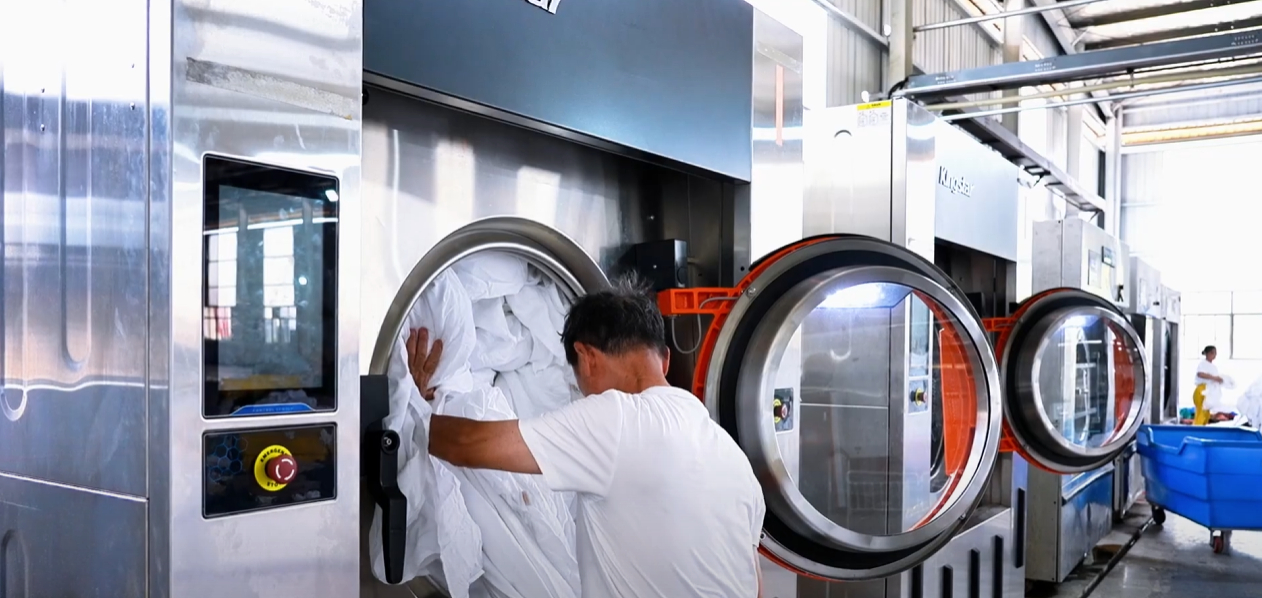
5. Maintenance and Service
All heavy-duty washing machines require ongoing maintenance during long-term operation. When selecting industrial washing machines, it is important to consider the availability of spare parts and service support. A reliable parts supply ensures shorter maintenance cycles and minimizes downtime, which is essential for maintaining industrial laundry productivity. Many modern commercial washers are designed with preventative maintenance in mind, equipped with sensors and alert systems that notify operators of potential issues before they cause failures. Choosing suppliers with strong service networks provides installation support as well as responsive after-sales service, ensuring long-term stability of industrial laundry solutions.
6. Compliance with Hygiene Standards
In certain industries, industrial washing machines must meet hygiene standards in addition to basic washing performance. For example, healthcare institutions and food processing industries have strict requirements regarding wash temperatures, chemical dispensing systems, and sanitation during the washing process. High-efficiency washers and programmable washers designed for these environments often feature precise temperature control and automatic chemical dosing systems, ensuring compliance with hygiene regulations. By maintaining rigorous washing procedures, industrial laundry facilities can achieve effective cleaning while reducing the risk of cross-contamination.
7. Cost of Ownership and Long-Term Planning
The selection of industrial washing machines involves not only the initial investment but also long-term ownership costs. Commercial washing machines and heavy-duty laundry equipment vary in purchase price, but ongoing costs such as energy, water consumption, maintenance frequency, and spare parts significantly affect the total cost of ownership (TCO). Businesses must consider the return on investment period when making washing machine selections. For example, although washer extractors or tunnel washers may require a higher initial investment, their energy efficiency and high throughput can demonstrate cost advantages over time. Long-term planning and financial budgeting are therefore essential elements of industrial laundry solutions.
Key Considerations for Industrial Washing Machine Selection
|
Consideration |
Standard Commercial Washers |
Heavy-Duty Washing Machines |
Tunnel Washers |
|
Capacity & Throughput |
Medium capacity, small-scale |
High capacity, suitable for hotels, hospitals |
Very high capacity, suitable for centralized industrial laundry |
|
Space & Layout |
Moderate footprint, easy install |
Larger footprint, requires reinforced flooring |
Long design, requires conveyor integration |
|
Water & Energy Use |
Moderate efficiency, some energy-saving features |
High efficiency, supports heat recovery systems |
High efficiency, suitable for continuous use |
|
Programming & Control |
Basic programmable settings |
Advanced programmability, supports software integration |
Full automation with centralized management |
|
Maintenance & Service |
Moderate upkeep, parts accessible |
Requires regular servicing, includes monitoring systems |
More complex maintenance but efficient for long-term use |
ADD:No.388 Xinggang Road, Chongchuan District, Nantong City, 226000, Jiangsu Province, China.
-
Phone: +86-13917089379
-
Tel:+86-13917089379
-
Fax:+86-0513-85663366
-
E-mail:[email protected]
